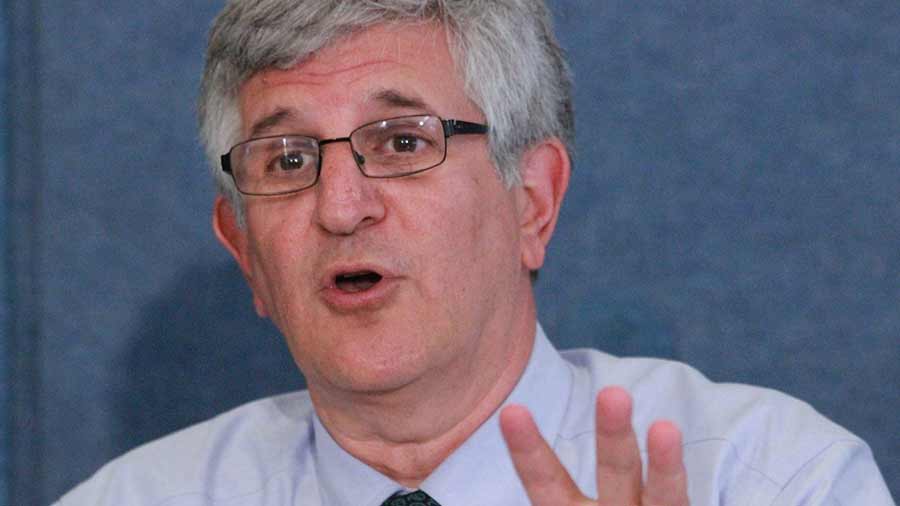Dr. Paul Offit is angry he was lied to about the covid jabs

One of the biggest cheerleaders for vaccination is Dr. Paul Offit, the Director of the Vaccine Education Center and an attending physician in the Division of Infectious Diseases at Children’s Hospital of Philadelphia. As a member of the Vaccines and Related Biological Products Advisory Committee, Offit helps the FDA make decisions on vaccine approval for the population.
Historically, there isn’t a vaccine that Paul Offit doesn’t like. He is all for the 70+ doses of vaccination for adolescents. He often refers to biologics as “immunizations” even when evidence shows that the vaccine causes waning immune responses, serious acute reactions, and chronic health issues. When the covid jab was rolled out, Offit was ready to celebrate this modern miracle of science, this savior of mankind.
Paul Offit becomes anti-booster, as FDA and CDC push out ineffective covid jabs
However, the failure of the covid jabs is so miserably blatant, that even Dr. Offit has come to admit that he fell for a big lie. “I was angry to find out that there was data that was relevant to our decision that we didn’t get to see,” said Dr. Paul Offit, “Decisions that are made for the public have to be made based on all available information – not just some information, but all information.”
The FDA and CDC have a duty to protect the American people from vaccine fraud and propaganda, and they failed miserably. As the public rejects deadly covid jabs, Offit is trying to point the finger at the vaccine manufacturers for not providing enough data.
Funnily enough, Offit and the advisory committee received all the normal information that is required of vaccine manufacturers. According to slide presentations presented by Moderna, the CDC and the FDA reviewed all the typical immunogenicity data, which shows that the vaccine elicited antibodies in participants’ blood work. Vaccine approval is primarily determined by these short-term gains in antibodies. Toxic adjuvants are often used in vaccines to force the body to make a higher level of antibodies, to make the vaccine look more effective. For the latest booster, the experts determined that the antibodies were sufficient to fight off the Omicron strain of SARS-CoV-2, and so they rushed the vaccines to market.
A month after study participants take the booster, “we essentially see no difference” between antibody levels in those who took the new or old booster shots, said Dr. David Ho, a professor of microbiology and immunology at Columbia whose team authored one of the studies. The antibody data was used to promote the effectiveness of the new booster, yet those antibodies wear off in a month.
FDA and CDC approve new vaccines based on limited data, short term antibody studies
When the 21 FDA advisors met on June 28, an overwhelming majority (19) voted to approve the new bivalent booster. After the approval, the U.S. government spent nearly $5 billion of taxpayer funds to get the new jab out to the public. Pfizer received another $3.2 billion from taxpayers and Moderna received an additional $1.74 billion.
When the full data was released, Offit and other members of the advisory committee found out that study participants contracted covid-19 at nearly twice the rate when they took the new bivalent booster, compared to taking the original booster. Exactly 1.9% of the study participants who received the original booster became infected during the short-term study. A much higher percentage (3.2%) became infected after receiving the updated bivalent vaccine during the short-term study.
Strangely enough, six of the FDA and CDC advisors told CNN that the new infection data wouldn’t have changed how they voted, had they received the information in a timely fashion. In other words, new vaccines that provide even less protection than their predecessors, are still considered effective and should be approved for the entire population!
Not only do the FDA and CDC make recommendations on vaccination using incomplete data, but when they receive new data about the ineffectiveness of a vaccine, they still recommend the shots. Even when these short-term antibody studies fail to hold up after the first month, the FDA and CDC committees pridefully stand by their approval.
Sources include:
<!–
–>



